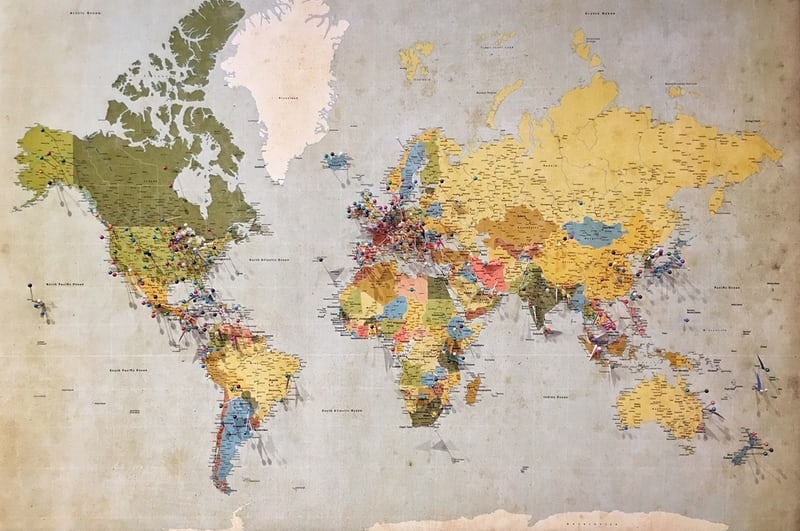Columbus Day is celebrated across America on the second Monday of October each year.
In schools, children learn the classic rhyme “In 1492, Columbus sailed the ocean blue,” which is
arguably the most accurate representation of Christopher Columbus’ travels and impact.
Columbus is taught to be the discoverer of the Americas, the pioneering figure that paved the
way for a nation dedicated to second chances and the values of liberty. However, almost none of
this information is wholly true.
The Mariner’s Museum puts Columbus’ arrival on the shores of the modern-day
Bahamas on Oct. 12, 1492 (hence the traditional celebration in mid-October). However, he was
attempting to reach the West Indies and mistook the Caribbean islands for mainland China and
Japan. He established a settlement, wrecked the Santa Maria in a reef and then returned to Spain
to inform the monarchs of “great success, wealth and happiness” in greatly embellished tales of
unprecedented success. This glowing and largely false report was able to secure him another
voyage.
Columbus’ biographer, Edward Hale, notes that as Columbus arrived in the Caribbean on
his second voyage, he found that the settlement was struggling. He then went against the wishes
of the local queen to enslave the native islanders in search of the gold that he promised to his
settlers after seeing a few gold adornments in the native villages. This slavery soon became
harsh, and the natural next step in the “guns, germs and steel” progression was to keep control by
force and without regard to the condition of the laborers, many of whom were sick with new
European diseases.
Hale also adds that Columbus was later arrested on charges of poor management and
false promises, stripped of his authority and his riches and brought back to Spain. Yet
schoolchildren are taught to revere this “heroic” figure, a terrible leader whose deceptions and
disregard for human worth outraged his own people, even with the morality of 500 years ago. If
the modern American culture is serious about reclaiming its history and seeking to make amends
to those who have been seriously wronged, why is it still acceptable to have a day named after
this man, much less continue to celebrate it?
In his own words to Luis de Santagel, a Spanish court official, Columbus wrote that his
voyage had discovered “people without number, but nothing of importance.” He went on to
unashamedly note in a letter to the king and queen of Spain in 1503 that “in destruction,
everyone is adept.” This mindset undermines the basic human dignity one must see if they truly
believe every human being is made in the image of God.
Columbus’ perspective shattered the dignity of the people the Europeans encountered and
invited everyone around him to do the same. This same dismissive and inherently unjust
perspective encourages the acts of exclusion that permeate our culture today. From a Christian
perspective, this is utterly unacceptable and completely against everything the Kingdom of God
prizes.
America cannot continue to claim outrage at incidents of exclusion, whether that be
racism, sexism, xenophobia or any other inequality if, at the same time, it celebrates the actions
of a man who sought to disregard the dignity of anyone who was not like him. A nation cannot
hold two individuals as different as Martin Luther King, Jr. and Christopher Columbus beside
each other without tainting the concept of celebratory days. As long as America continues to
recognize holidays like Columbus Day, the high ideals of liberty and human dignity are being
constantly undermined at their most fundamental level. In a world where these ideas are already
threatened daily, it is the responsibility of citizens to acknowledge the dissonance and act upon
those convictions by seeking the truth in historical narratives, choosing to celebrate only what
promotes the ideas of freedom, justice and equality that should be central to the American
identity.








